can artificial plants be used outside?
Yes, artificial plants can be used outside. They are often used in outdoor spaces such as gardens, patios, and balconies to add greenery and enhance the aesthetic appeal. Artificial plants are designed to withstand various weather conditions, including sunlight, rain, and wind. They are typically made from materials that are UV resistant and waterproof, ensuring their durability and longevity in outdoor settings. Additionally, artificial plants require minimal maintenance compared to real plants, making them a convenient option for outdoor use.
1、 Weather Resistance of Artificial Plants for Outdoor Use
Yes, artificial plants can be used outside, but their suitability for outdoor use depends on their weather resistance. Artificial plants are designed to mimic the appearance of real plants and provide a low-maintenance alternative for outdoor spaces. However, not all artificial plants are created equal, and their ability to withstand outdoor conditions varies.
The weather resistance of artificial plants is an important factor to consider when using them outside. High-quality artificial plants are typically made from UV-resistant materials that can withstand prolonged exposure to sunlight without fading or deteriorating. These plants are also designed to be water-resistant, allowing them to withstand rain and humidity without rotting or developing mold.
Advancements in technology have led to the development of more durable and realistic artificial plants that are specifically designed for outdoor use. These plants are often made from high-quality materials such as polyethylene or polyblend, which are known for their weather resistance. They are also treated with UV inhibitors to protect them from the damaging effects of the sun.
However, it is important to note that even the most weather-resistant artificial plants may still have limitations. Extreme weather conditions such as strong winds, heavy rain, or freezing temperatures can still cause damage to artificial plants. Therefore, it is recommended to place them in sheltered areas or use additional protection, such as covers or awnings, to prolong their lifespan.
In conclusion, artificial plants can be used outside, but their weather resistance is a crucial factor to consider. High-quality artificial plants that are specifically designed for outdoor use can withstand sunlight, rain, and humidity. However, extreme weather conditions may still pose a risk to their durability. It is important to choose artificial plants that are suitable for outdoor use and take necessary precautions to protect them from harsh weather conditions.
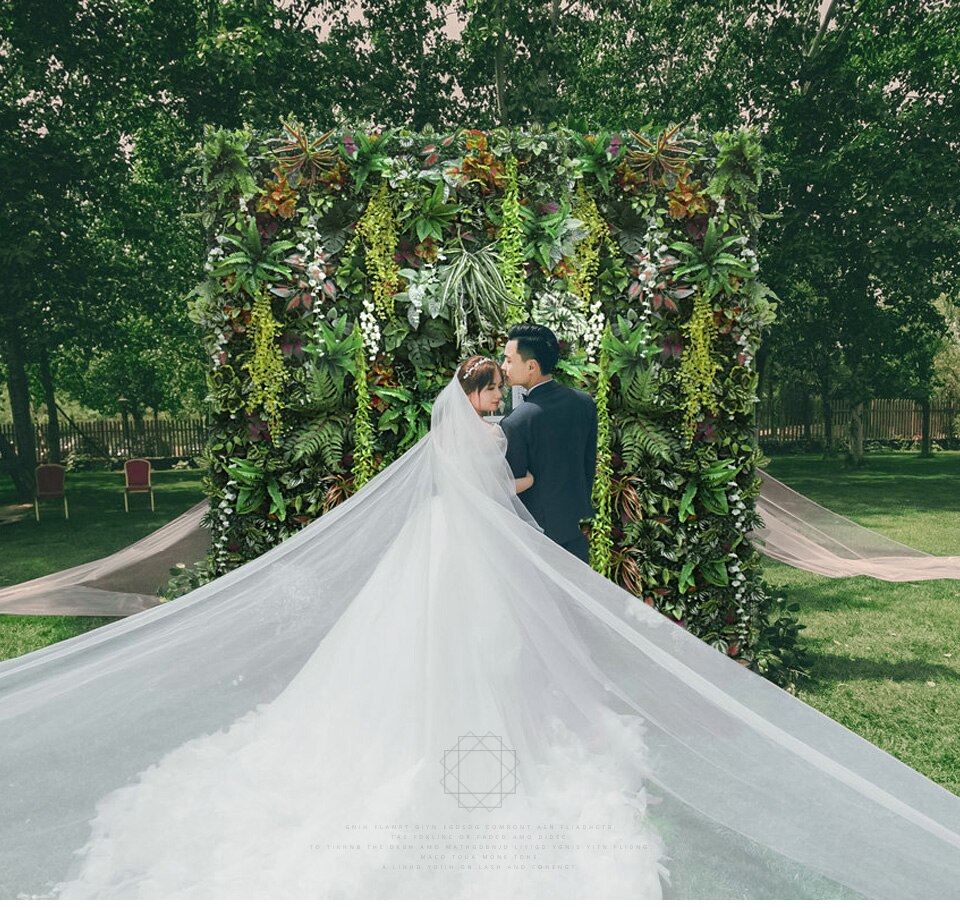
2、 UV Protection for Outdoor Artificial Plants
Yes, artificial plants can be used outside, but it is important to consider UV protection for outdoor artificial plants. UV rays from the sun can cause fading and damage to the color and material of artificial plants over time. However, with the advancements in technology, there are now UV-protected artificial plants available in the market that are specifically designed for outdoor use.
UV protection for outdoor artificial plants is crucial to ensure their longevity and maintain their vibrant appearance. These UV-protected plants are made with materials that are resistant to fading and damage caused by the sun's rays. They are often treated with special coatings or pigments that help to block or reflect UV radiation.
It is important to note that even with UV protection, outdoor artificial plants may still experience some fading or discoloration over time, especially if they are exposed to direct sunlight for extended periods. However, the level of protection provided by UV-protected artificial plants is significantly higher compared to regular artificial plants.
When choosing outdoor artificial plants, it is advisable to look for those that are labeled as UV-protected or specifically designed for outdoor use. Additionally, it is recommended to place these plants in areas that receive partial shade or use additional measures such as awnings or umbrellas to provide some protection from direct sunlight.
In conclusion, while artificial plants can be used outside, it is essential to consider UV protection for outdoor artificial plants to ensure their longevity and maintain their aesthetic appeal. The availability of UV-protected artificial plants in the market provides a viable solution for those looking to decorate their outdoor spaces with low-maintenance and long-lasting greenery.
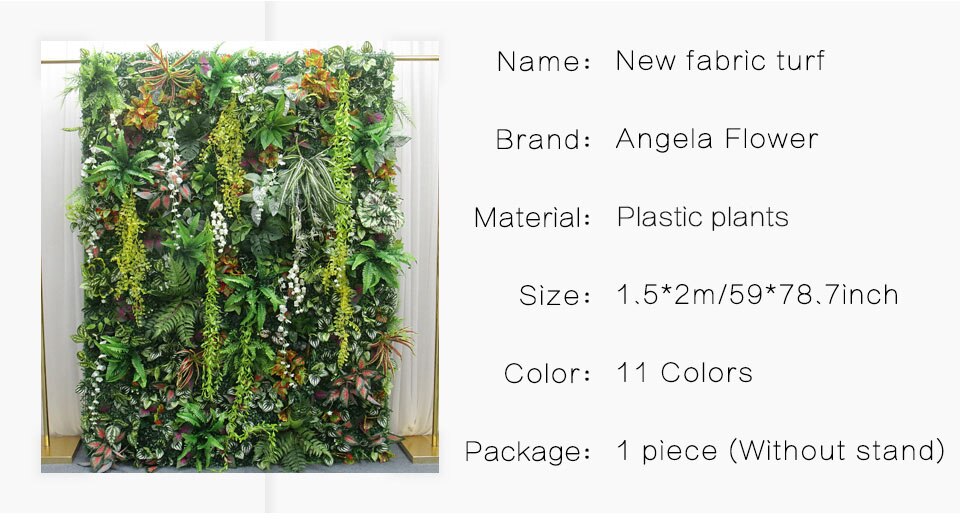
3、 Durability and Longevity of Outdoor Artificial Plants
Yes, artificial plants can be used outside, but their durability and longevity can vary depending on several factors.
One of the main considerations when using artificial plants outdoors is their ability to withstand different weather conditions. High-quality outdoor artificial plants are typically made from UV-resistant materials that can withstand exposure to sunlight without fading or deteriorating. However, it is important to note that even the most durable artificial plants may still experience some fading over time due to prolonged exposure to sunlight.
Another factor to consider is the material used for the foliage. Artificial plants with foliage made from high-quality materials, such as polyethylene or polyblend, tend to be more durable and long-lasting compared to those made from cheaper materials like PVC. These materials are designed to withstand outdoor elements such as rain, wind, and temperature fluctuations.
Additionally, the quality of the construction and assembly of the artificial plants can also impact their durability. Plants with sturdy and well-constructed bases or pots are less likely to be damaged by strong winds or other outdoor elements.
It is worth mentioning that while artificial plants can be used outside, they may require some maintenance to keep them looking their best. Regular cleaning to remove dust and debris, as well as occasional touch-ups to repair any minor damages, can help prolong the lifespan of outdoor artificial plants.
In conclusion, with the right materials and construction, artificial plants can be used outside and can provide an attractive and low-maintenance alternative to live plants. However, it is important to choose high-quality artificial plants that are specifically designed for outdoor use and to properly maintain them to ensure their durability and longevity.
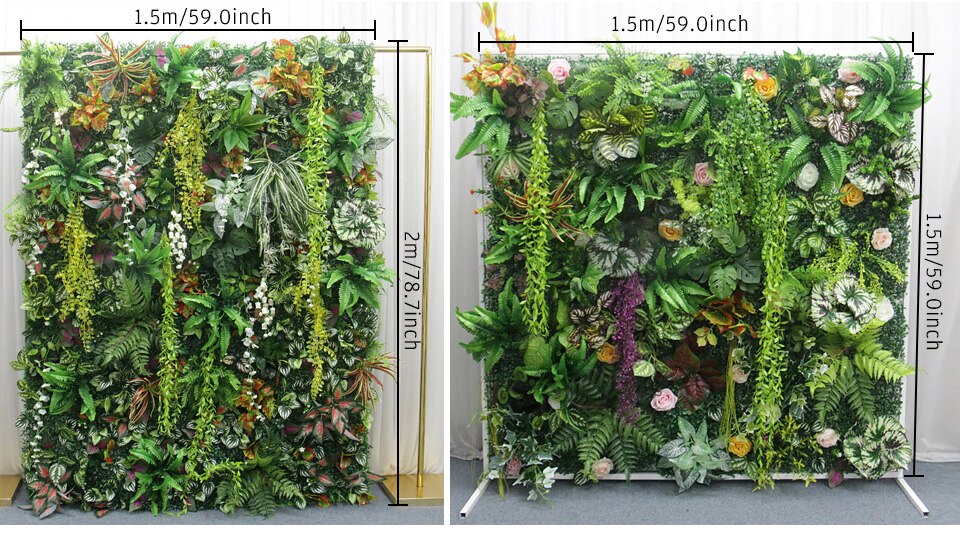
4、 Maintenance and Cleaning of Artificial Plants in Outdoor Settings
Yes, artificial plants can be used outside. While they may not have the same natural beauty as real plants, artificial plants offer several advantages for outdoor use. They are low maintenance, require no watering or pruning, and can withstand harsh weather conditions. Additionally, they do not attract pests or require fertilizers, making them a convenient option for outdoor spaces.
However, it is important to note that not all artificial plants are suitable for outdoor use. When selecting artificial plants for outdoor settings, it is crucial to choose ones specifically designed for outdoor use. These plants are typically made from UV-resistant materials that can withstand exposure to sunlight without fading or deteriorating.
Maintenance and cleaning of artificial plants in outdoor settings is also essential to ensure their longevity and aesthetic appeal. Regular cleaning is necessary to remove dust, dirt, and debris that may accumulate on the plants. This can be done by gently wiping the leaves with a damp cloth or using a mild soap solution. It is important to avoid using harsh chemicals or abrasive materials that could damage the plants.
Furthermore, inspecting the plants periodically for any signs of wear or damage is recommended. If any parts of the artificial plants become damaged, they should be repaired or replaced promptly to maintain their appearance.
In recent years, there has been an increase in the quality and realism of artificial plants, making them more suitable for outdoor use. Advanced manufacturing techniques and materials have allowed for the creation of artificial plants that closely resemble their real counterparts. This has made them a popular choice for outdoor spaces such as gardens, patios, and balconies.
In conclusion, artificial plants can be used outside, but it is important to choose ones specifically designed for outdoor use and to properly maintain and clean them. With the right selection and care, artificial plants can provide a low-maintenance and visually appealing alternative to real plants in outdoor settings.
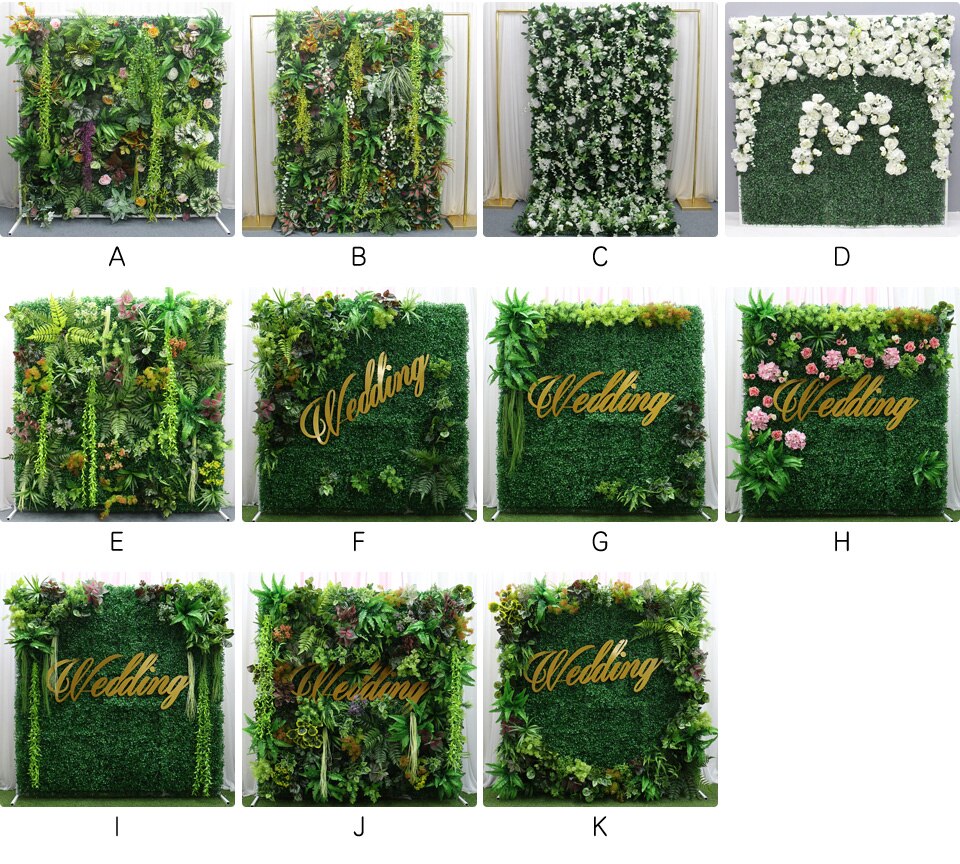




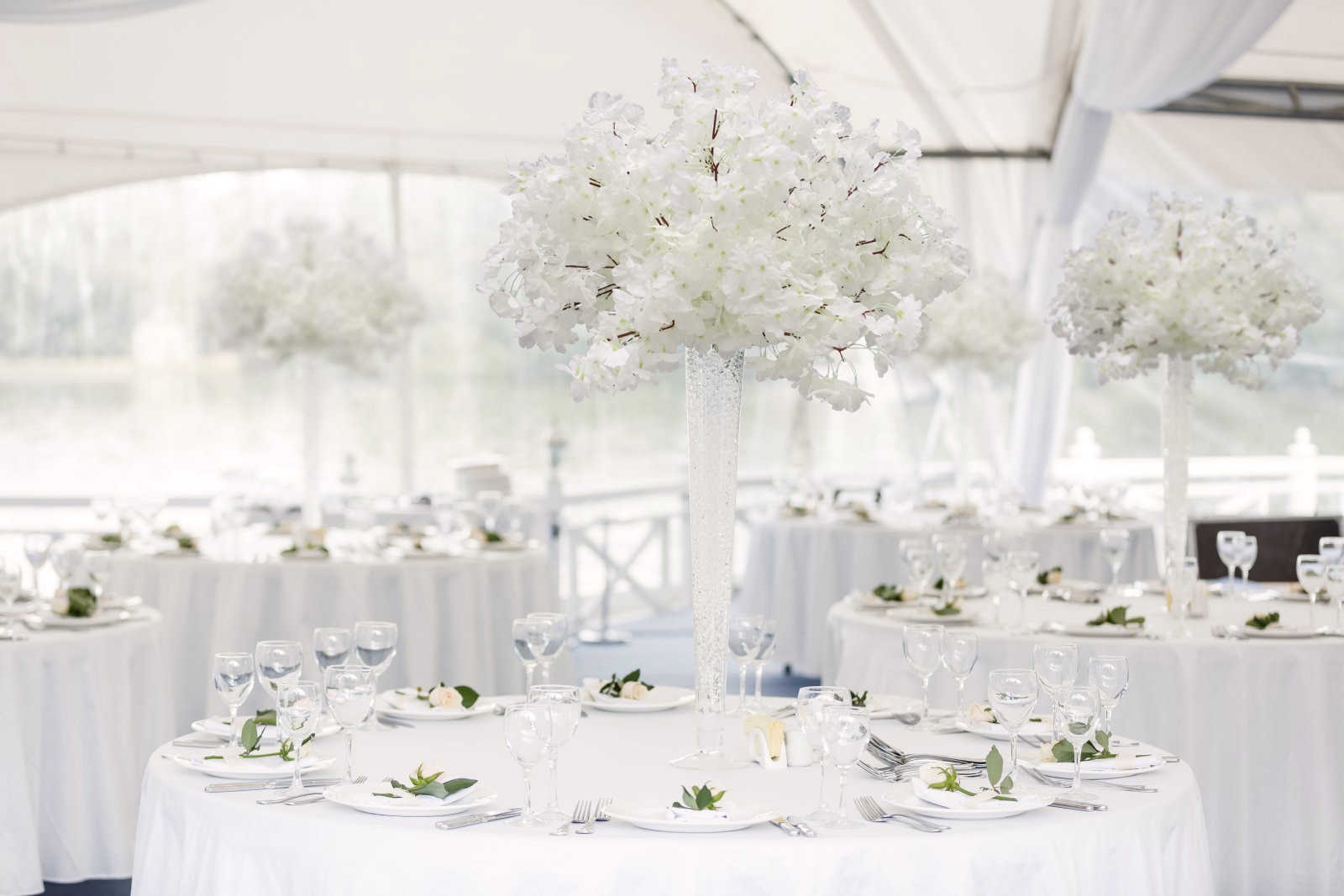
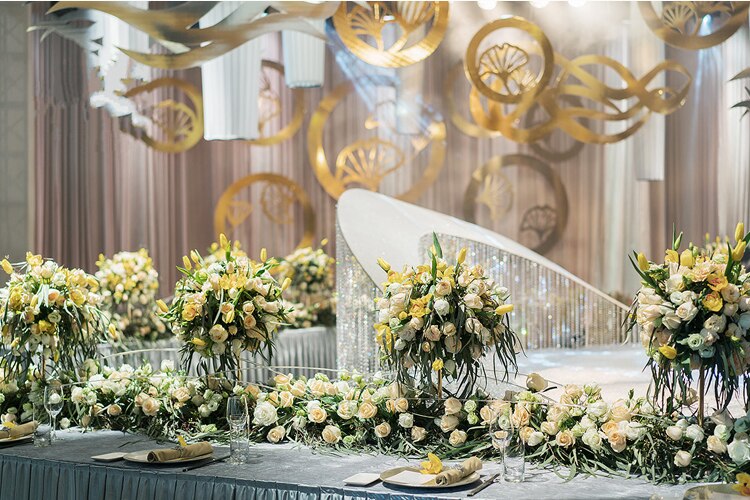
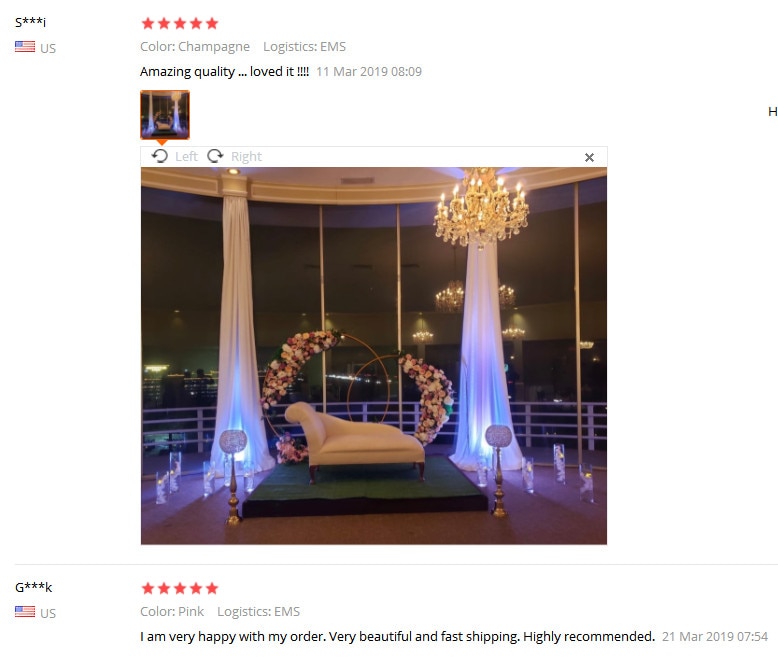
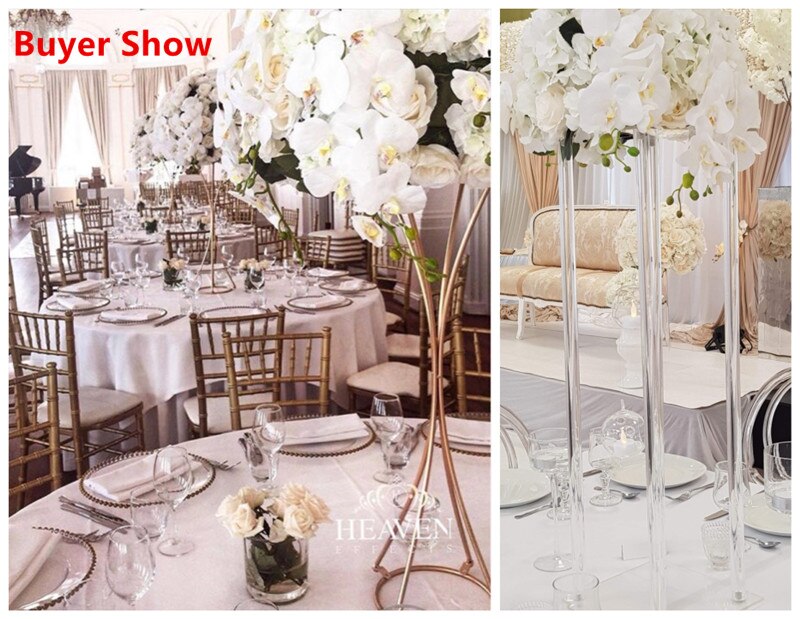

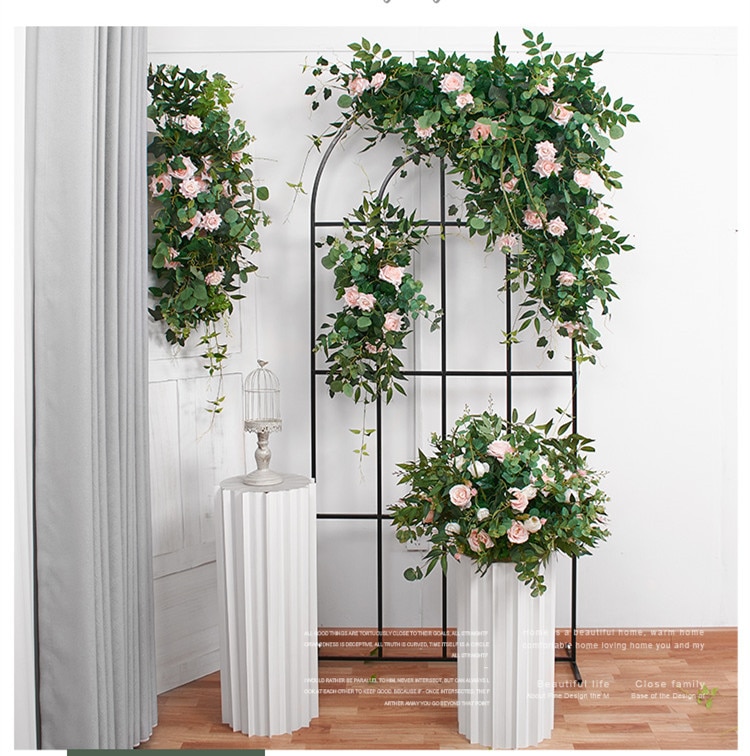
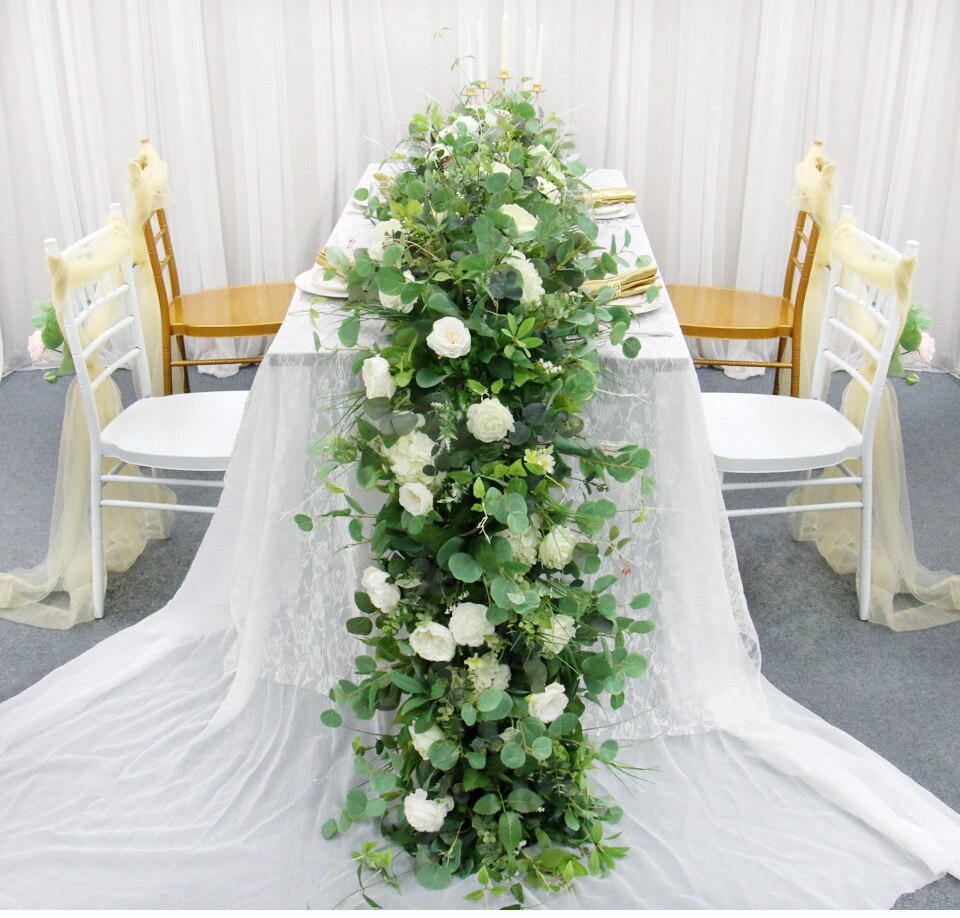
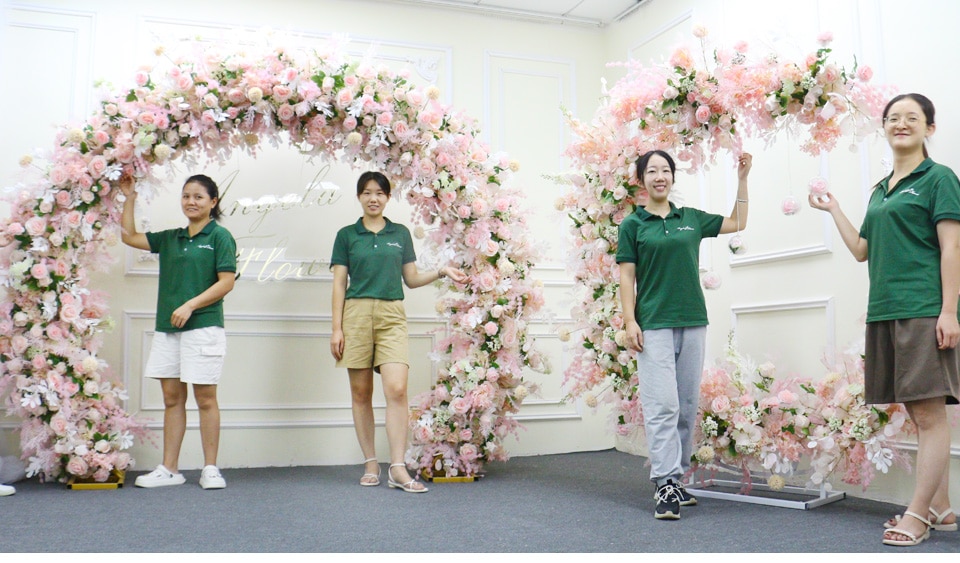



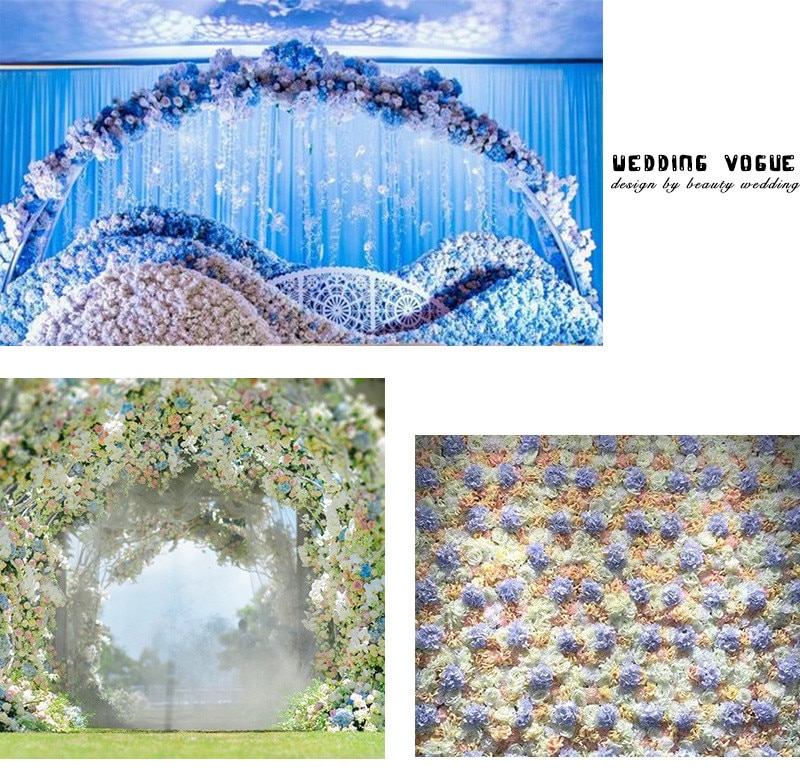
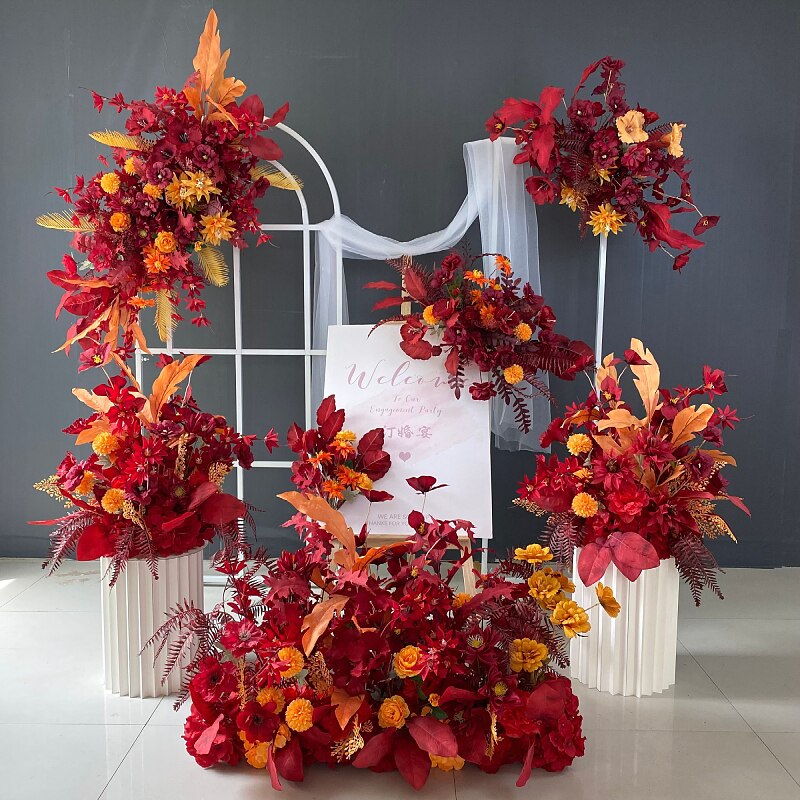
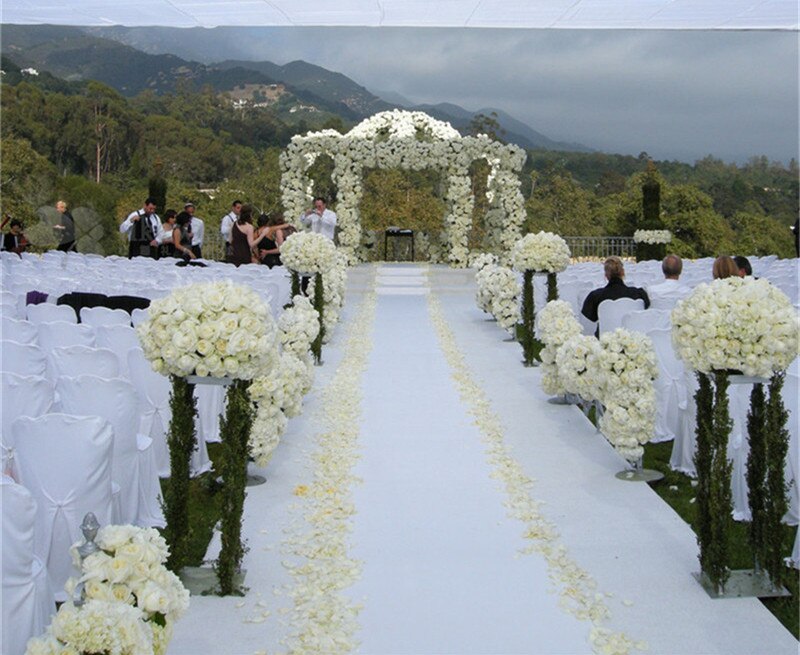
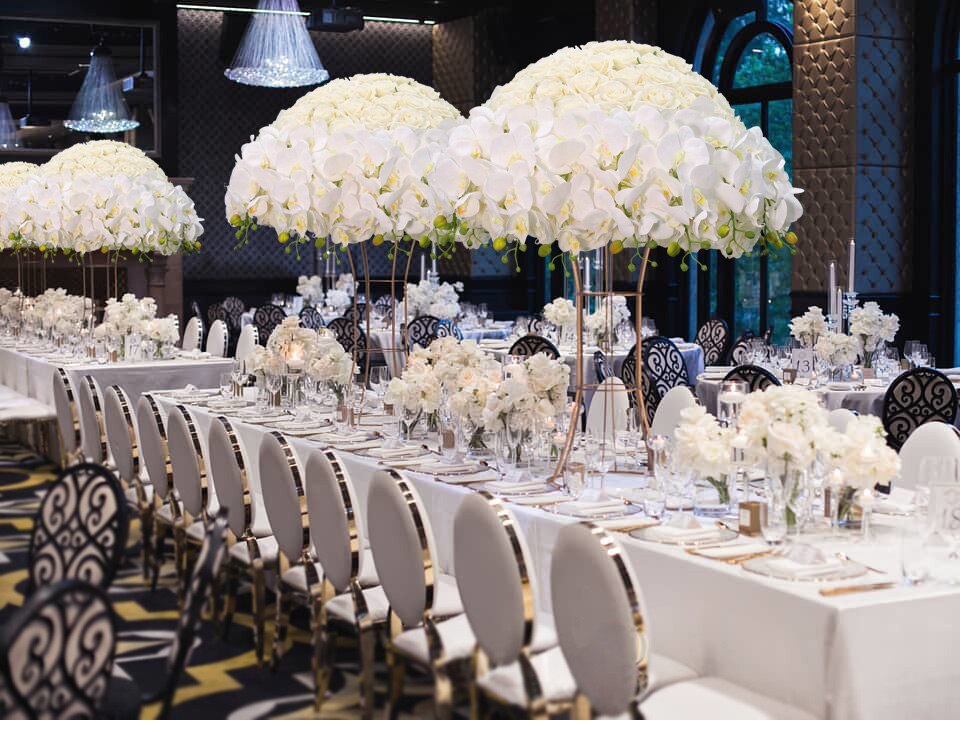




















Leave your comment